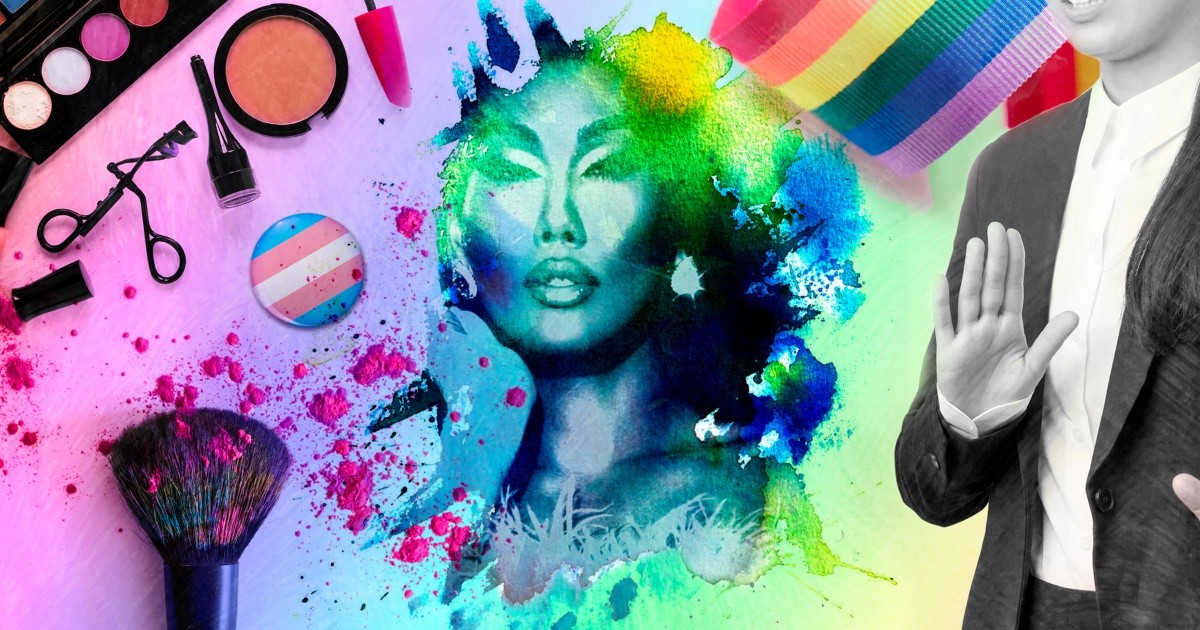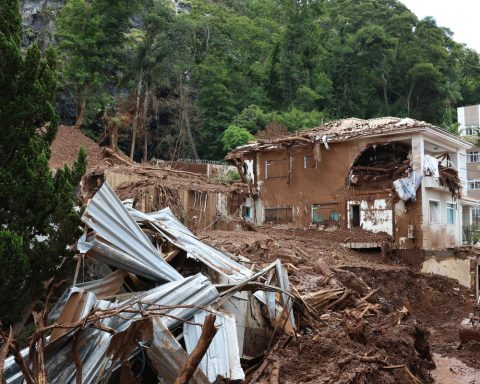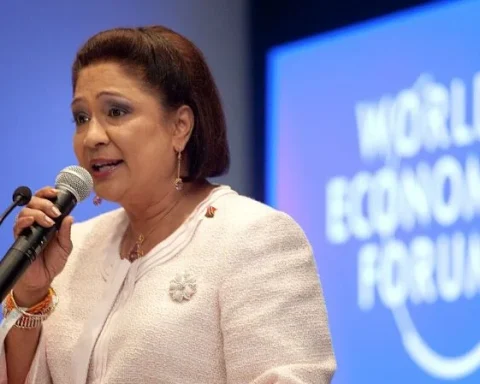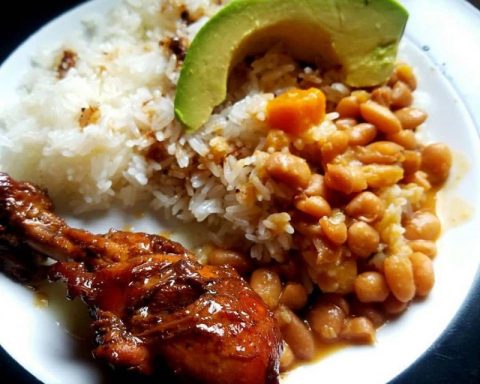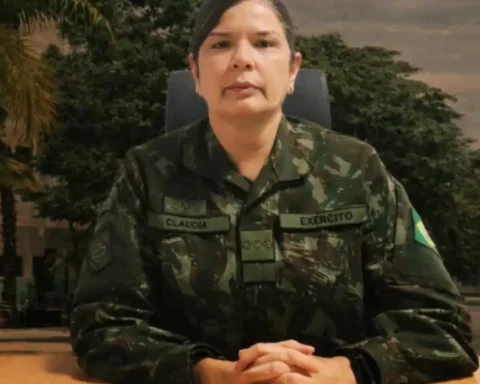Mexicans live on average 77 years, but the trans women in Mexico just 35. And, only below Brazil, Mexico has the second highest rate of transfeminicides in the region.
The human rights violations of the trans people they are persistent and there is still a long way to go, but the trans community is more than precariousness, neglect and sorrow. who represent the rainbow letter T They are people, with dignity and dreams.
Gia Keitaro Ichikawa, better known as Gia Gunn, was born in a suburb of Chicago, where she grew up with diverse migrant families from all over the world residing in the United States. She is the fourth generation Japanese-American and that is why she started dancing from a very young age, an art inherited from her grandmother and that without knowing it would lead her to be one of the most important figures of trans activism in the American continent. .
With a childhood more or less adapted to the “norm”, a Buddhist family and unconditional friends, Gia Gunn grew up in a very diverse neighborhood until she moved to the city to study. At the age of 18, she returned to her home; she visited a gay bar in Chicago where she first saw a performance by drag queens and he knew that’s what she wanted to do.
Interviewed by The EconomistGia Gunn tells that she started in the art of drag at the age of 21 and very soon she set herself the goal of reaching the gates of one of the most popular reality shows among the community LGBTQ+ in the United States: RuPaul’s Drag Race in its sixth season.
But after her participation, discrimination, emotional breakups, fame and some violence, Gia Gunn decided to go out into the world as what she is: a woman. Not a guy who “does drag for work” but a trans woman who participates in this art.
Gia Gunn has put performance on hold to dedicate herself to solving her mental health problems, taking care of her transition, getting closer to her people and above all, doing activism for the rights of trans people and creating safe spaces for dignify and destigmatize to your community.
But Gia’s story is not the fate of the thousands of trans people in Mexico and the world. In fact, the norm is another. Prejudice, discrimination and hatred persist, distancing trans people from their basic rights: decent housing, work, health or social security.
In my experience, I did perceive the change in society when I started my transition, I don’t know if it was something that was only in my head, but I did have fewer job opportunities, especially in the area of drag shows, and how they begin to see you different. But even though because of my privileges I didn’t have many negative experiences, I can’t help but see how discrimination against the trans community is still very strong, Gia said.
The trans community in Mexico and the world is one of the most vulnerable and violated groups and made invisible under different discourses of various groups.
“Violence against trans women occurs even within the same community, discrimination persists when gender expressions do not conform to norms,” said Gia.
It is very sad to see how long ago trans women of color started the fight for rights of the LGBT+ community and now that almost all members of the community have won rights, trans women have been left behind and left out of all that. And there are not many people who are taking our rights, although we represent the 1% of the global populationthere are very few people who want to hold this flag,” he added.
“That is why I believe that to give strength to the fight for trans rights, change has to come from the community, I think we have to focus on raising awareness and creating networks and safe spaces for trans women. And from the inside out I think more can be achieved.”
That is why it is so important that people who have a public voice or influence on public policies accompany the struggle of the trans community, avoiding re-victimization and stigma. Programs cannot be implemented or laws created around trans people if their needs are not known.
“I believe that there is a significant lack of resources in all countries, they are not spent on seeking that trans people have a better quality of life, but in addition to discrimination, I believe that this is also part of the fact that they do not know what community needs, it is not known, it is only stereotyped”.
Be transsexual or transgender It is not a synonym for being a transvestite or drag queen, and at the same time these temporary or permanent transitions should not reduce people’s lives to sex work and poverty.
You have to walk and do what you have to do so that the trans people they can be who they are and do what they like and not what they can, concluded the American activist.
The situation in Mexico and mental health beyond violence
In Mexico lives almost a million people who identify as trans or non-binary women and men. This represents 1% of the total population over 15 years of age, according to figures from the National Survey on Sexual and Gender Diversity of the Inegi.
An important clue that there is still a long way to go is that 3 out of 10 transgender people still do not have anyone close to them who knows their identity situation, that is, they do not have support networks. And 22% of people in this community have clearly perceived some kind of rejection from their parents.
And 26% of people who belong to the LGBT+ community have had suicidal thoughtsthis is three times the rate for the population of normative sexuality and gender identity.
Much is said about access to education, work, social security or about transphobic violence against the community, but inside, even in the most privileged spaces, mental health is a big problem and there are no specialized services with rights perspectives that guide people’s transitions.
“I struggled a lot with the idea of whether I was really a woman or I just like to dress up, the show and everything that performance implies. I spent three years without being clear about what was happening to me, and besides, it was not an easy decision, but at the age of 25, after a long time living with depression and suicidal thoughts, I came out to be who I am. So one day I gathered strength, got up and went to the doctor to start my transition process, but it wasn’t easy to come out of it, and it still isn’t,” said Gia.
The trans community It is one of the groups that experience the most affectations to their emotional health and also one of the most invisible. On many occasions it all boils down to the fact that if they don’t kill you with blows, hatred, at least, takes away your will to live, he concluded.
But despite the horror in which many people on the trans spectrum live, it is also important to tell different stories and to have voices that influence the public agenda is essential to win rights in terms of legislation and public policies, but above all it is important to make visible other realities of the community and eradicate all stigmas and violence.
Trans people are people.
